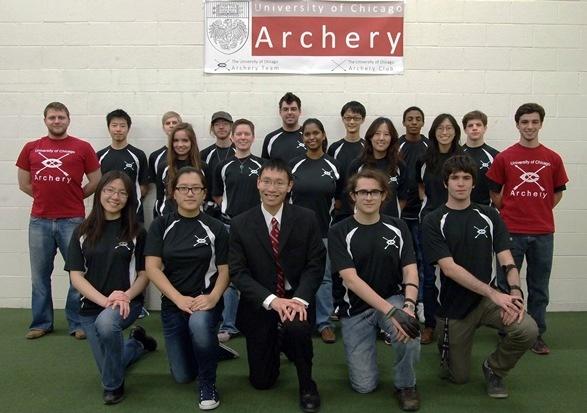Sociologist Robert Bellah traced the development of religions from prehistoric times into the “axial age” of Confucian China, dissecting modern ethics and the emergence of spoken language at a lecture Wednesday afternoon in Swift Hall, on his new book Religion in Human Evolution.
Bellah commemorated his landmark 1963 lecture “Religious Evolution” at the U of C, drawing narrative threads from thinkers as diverse as Darwin, Einstein, Richard Dawkins, and anthropologist Clifford Geertz, among others.
The winner of the National Humanities Medal suggested that ethics have their origin in the notion of “fair play,” and that the nuclear family is perhaps what differentiates human beings most from other animals.
Recognizing the enormity of his topic—his book runs over 700 pages—Bellah limited his lecture to everything preceding what he called the “axial age”—around the first millennium BCE, when Confucian China, Buddhist India, classical Greece, and ancient Israel all had flourishing religions.
Bellah talked at length about ritual and myth, explaining that “every aspect of life is permeated by myth,” and presented the idea that language originates in myth.
Myths, he said, are “comprehensive models of the entire human universe” that cultures use to understand and explain. In a sense, he claimed, cultures in the “mythic” age believed that “you had to understand everything to understand anything.”
At the end of his lecture, Bellah reflected that the current youth generation “can’t really imagine how strange the world is today.”
“We should think clearly about what we’ve achieved,” he said, “and what we want to do with it.”
The lecture was hosted by the Divinity School.









